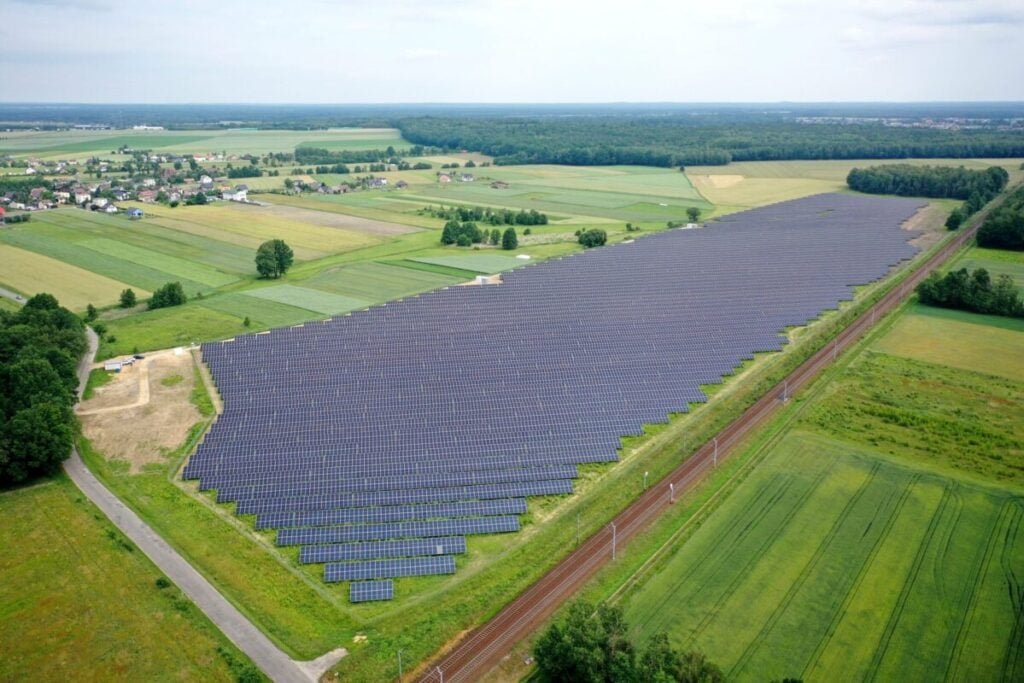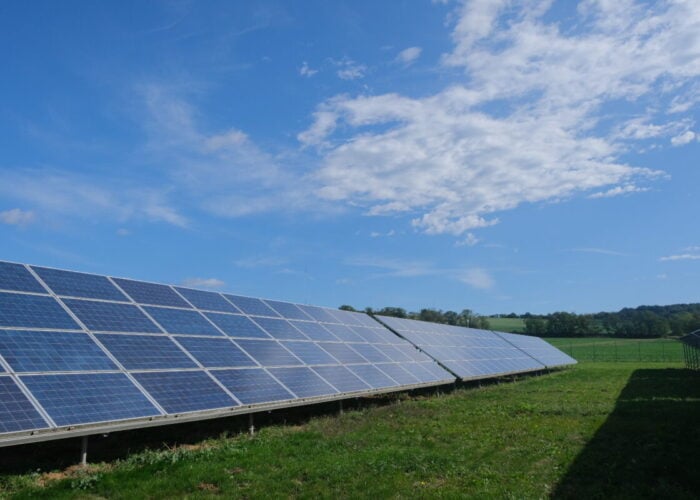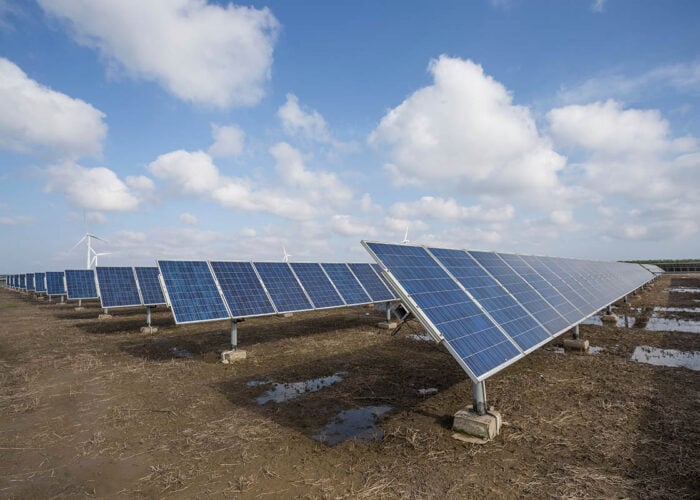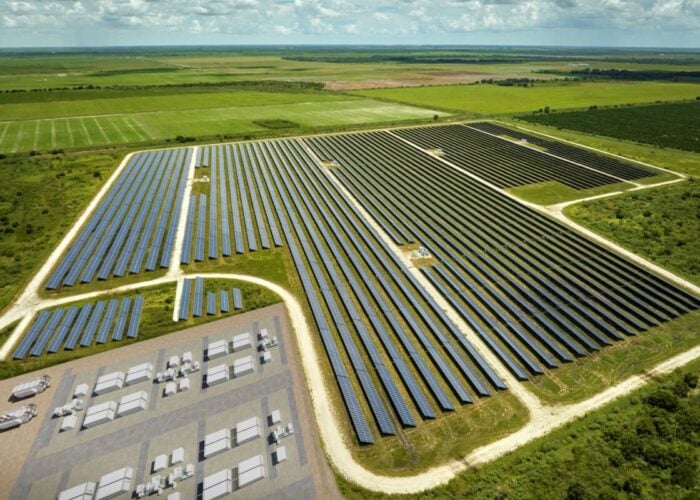
The Emeren Group, a solar project developer headquartered in the US, has signed a seven-year power purchase agreement (PPA) for a 15MW solar project in Poland.
The company signed the deal with an unnamed “Polish subsidiary” of a consumer goods business, to sell power generated at the project. The facility is located in the country’s south-west Silesia region, and the Emeren Group has already touted the benefits on the local economy of the project, which saw the creation of jobs for 80 workers during construction, and will see the creation of ten additional jobs in project operations and maintenance.
Unlock unlimited access for 12 whole months of distinctive global analysis
Photovoltaics International is now included.
- Regular insight and analysis of the industry’s biggest developments
- In-depth interviews with the industry’s leading figures
- Unlimited digital access to the PV Tech Power journal catalogue
- Unlimited digital access to the Photovoltaics International journal catalogue
- Access to more than 1,000 technical papers
- Discounts on Solar Media’s portfolio of events, in-person and virtual
“These achievements reflect our commitment to delivering projects that drive environmental progress and create lasting value for communities,” said Yumin Liu, the CEO of the Emeren Group. “This project not only supports Poland’s energy transition but also strengthens the local economy and showcases our ability to deliver impactful renewable energy projects on a global scale.”
The group already boasts a Polish portfolio of seven projects, it’s second-largest portfolio by country in Europe, behind only Spain. Its Polish portfolio has a total capacity of 30.6MW, and the company is looking to expand both solar and co-located storage facilities in the country, considering the well-documented struggles of the Polish grid.
Between 2015 and 2021 alone, grid operators denied connection requests to nearly 6,000 projects, with a combined capacity of around 30GW, most of which were renewable projects; looking ahead, figures from DNV suggest that grid curtailments will account for as much of 11% of the country’s total electricity production by the end of the decade.
Earlier this year, speakers at Solar Media’s Large Scale Solar Central Eastern Europe event in Warsaw noted that co-located storage projects have significant potential to sidestep some of Poland’s grid challenges, but that the sector would benefit from additional flexibility for both technologies and financing structures. During the conference, Robin Hirschl, CEO of financier PV-Invest, said that he was “100% convinced” of the need to invest in technologies such as batteries and more sophisticated forecasting models to overcome the grid bottleneck.







